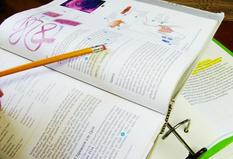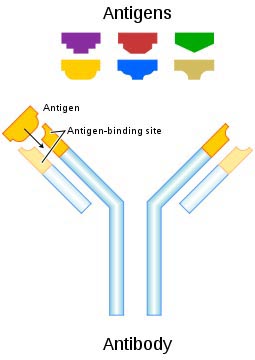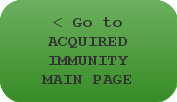 | ||||
Immunology: Acquired Immunity
Review Questions
Virtual Microbiology Classroom of Science Prof Online
Acquired Immunity Review Questions
These multiple choice and true/false questions are designed to help students practice and test their understanding of this topic.
You have free access to a large collection of materials used in a college-level introductory microbiology course. The Virtual Microbiology Classroom provides a wide range of free educational resources including PowerPoint Lectures, Study Guides, Review Questions and Practice Test Questions.
SPO VIRTUAL CLASSROOMS
 | ||||||
1.Which leukocytes
are part of specific immune function?
2. What is our third line of defense against pathogens? What are its components?
3. What are antigens? Describe the different types.
4. What is an epitope? What is another term for epitope?
5. What are antibodies? What do they do, and which cell type produces them?
6. What are antigen presenting cells?
7. What is the major histocompatibility complex and MHC glycoproteins.
8. Know the different types of lymphocytes and their functions.
9. What are B cells? Name the types and describe what they do.
10. What are B-cell receptors? How is their function different from MHC
molecules?
These are review questions from the Virtual Microbiology Classrooms (8-week & 16-week), designed to help students better understand the history of microbiology. They are based on materials that can be found on the Immunology: Acquired Immunity Main Page.
Page last updated: 2/2016
SCIENCE VIDEOS
11. What are T cells? Name the types and describe what they do.
12. What are T-cell receptors? How is their function different from MHC molecules?
13. What is the humoral immune response? Which cells and chemicals are involved?
14. What is the relationship between B-cells and T-cells in the humoral immune response?
15. What is cell-mediated immune response? Which cells and chemicals are involved?
16. What are cytokines?
17. What are interleukins?
18. What is the difference between specific and nonspecific immune function? Which aspects of immune function are nonspecific and which are specific?





